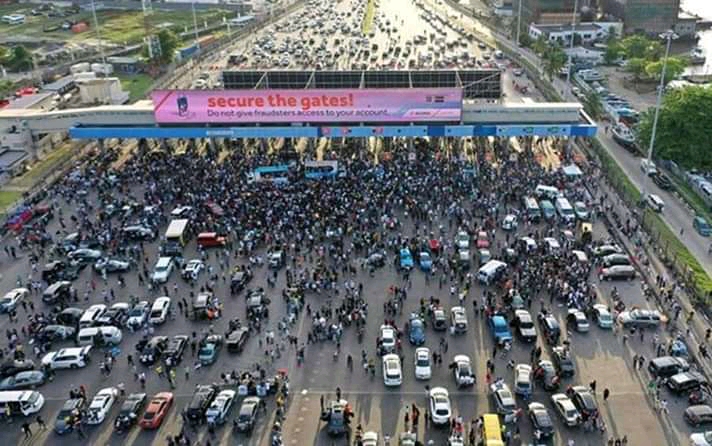Last year, the Nigerian government ordered her citizens to register for the National Identification Number (NIN). Since then, there has been a lot of hullabaloo regarding the order.
The registration process exposes many lapses in governance and has caused a lot of stress on the citizenry.
Bureaucracy at its finest
The information required for the NIN registration are the very same details that would have already been provided at one other point or the other.
For instance, when you register a SIM card upon purchase, you have to provide personal details such as name, place of birth, residential address, finger print and passport photographs.
Likewise, this information was provided and supposedly stored in a database during the registration for the National Identity card.
An avenue for extortion
For any of these processes, the citizens are compelled to stay on queues for hours and even days before it is their turn to register. As if that isn’t bad enough; when you finally get to the top of the queue, you could be asked to pay a sum of money so that you can be attended to.
Regardless of what the government says about the authenticity of the NIN process, flaws abound.
Read Also: The Effect of Corruption on Nigeria’s Education System
In some areas, people pay between NGN4000 and NGN5000 for registration. The amount simply depends on what location you find yourself.
According to some reports, the charges are for persons who have not previously registered for the National ID card. However, this is just an excuse for extortion.
It is unfortunate that the majority of the populace have resigned to paying for everything, including services that should be free. However, it is important that ‘official fees’ are stipulated. This avoids unnecessary disparity and extortion by those administering the process.
COVID-19 rules flouted
The Nigerian government has consistently preached about the need to obey COVID-19 rules. This includes maintaining social distancing, regular washing of hands and wearing of face masks.

However, the NIN registration has ensured that the rules are flouted without any regard.
The registration centres are often crowded, yet many who arrive early do not get registered. And the authorities do not appear capable of ensuring full compliance of the law. The complaints are unending.
The database of the country is in dire need of a major overhaul for the benefit of all stakeholders. Advancements in technology also mean that we could and should begin to employ remote options. Online registrations that take payments online and generate scheduled appointments should be the first point of call.
Furthermore, scheduled appointments will ensure optimum crowd management. Given the current situation with COVID-19, this is a no-brainer.
It is the responsibility of the government to look out for its people and adopt processes that ultimately her burdens.
We are a resilient people and we remain hopeful.







